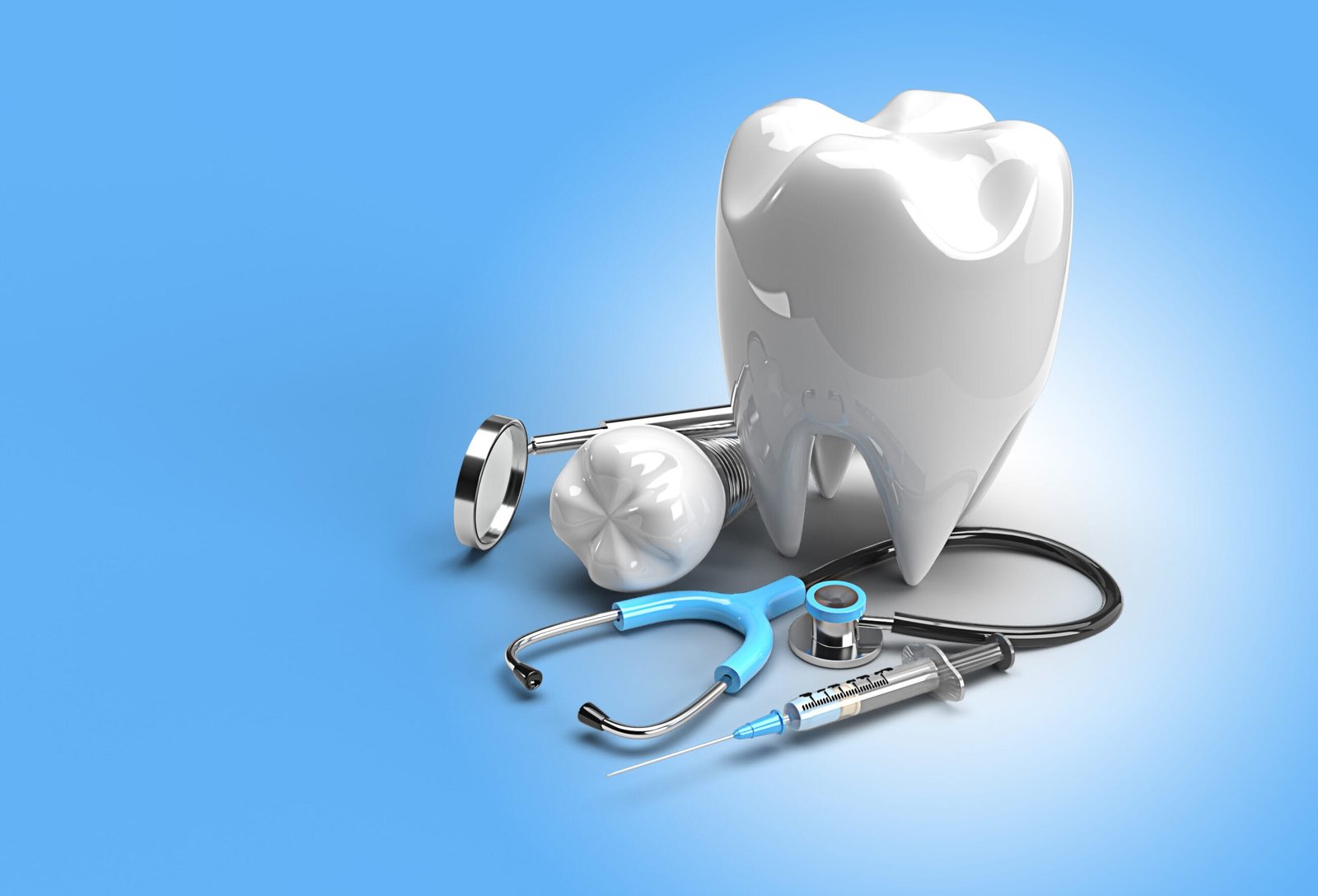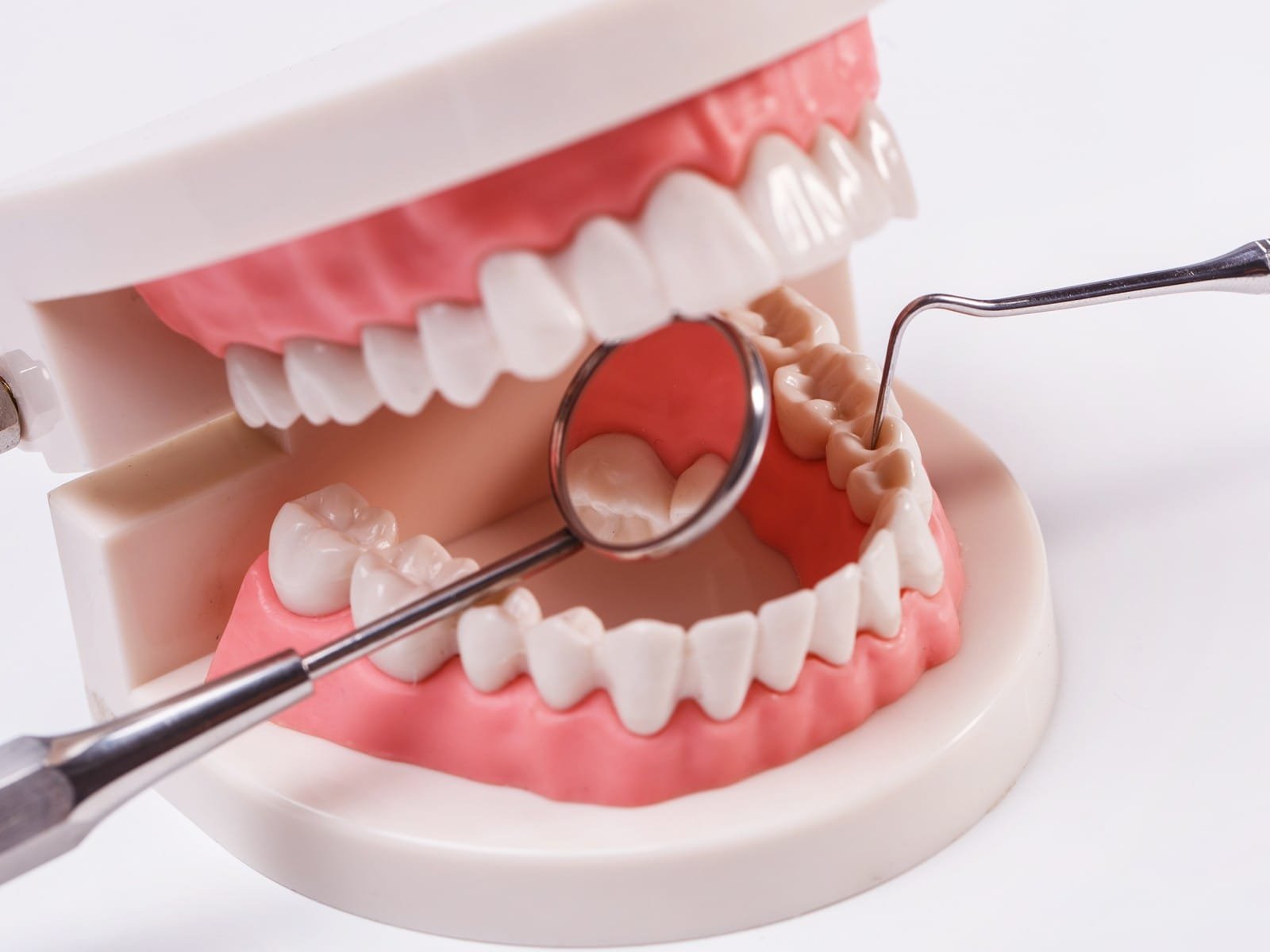Oral health impacts your overall well-being. Families often overlook this link, but understanding it can improve your life. Our teeth and gums affect much more than just smiles. Poor oral health can lead to serious health problems. Think of your mouth as the gateway to your body. Neglecting it can invite unwanted guests like bacteria. Your family deserves to know how brushing, flossing, and regular check-ups keep you healthy. Visiting a dentist in Hackensack can be your first step towards better health. A healthy mouth prevents disease and boosts daily life. Your family can experience fewer sick days and more time together. By caring for your teeth, you are caring for your body. Protect your family’s health with simple, daily habits. Regular dental visits do more than clean your teeth. They strengthen your family’s future. You can take control by valuing oral health. Your family will thank you.
The Mouth-Body Connection
The mouth is home to many bacteria, most of which are harmless. But poor oral hygiene can lead to infections, gum disease, and tooth decay. These conditions can spread beyond the mouth, affecting your overall health. Bacteria from untreated gum disease can enter the bloodstream and lead to heart disease, respiratory infections, and complications in pregnancy.
Researchers continue to study the oral-systemic health link. According to the Centers for Disease Control and Prevention, maintaining oral health can prevent a wide range of health issues.
Impact of Oral Health on Children
Children with poor oral health often experience pain and discomfort. This can affect their concentration and school performance. Regular dental check-ups detect problems early. You can prevent cavities and other dental issues.
Educating children about oral health is crucial. They develop lifelong habits that impact their overall well-being. Simple practices like brushing twice a day and flossing can make a big difference.
Oral Health Statistics
Condition | % of Population Affected |
|---|---|
Gum Disease | 47% |
Tooth Decay | 91% |
Oral Cancer | 3% |
Data from the National Institute of Dental and Craniofacial Research reveals the prevalence of oral health issues. Gum disease affects nearly half of adults over 30, while tooth decay is widespread.
Tips for Maintaining Oral Health
- Brush your teeth twice daily with fluoride toothpaste.
- Floss daily to remove plaque between teeth.
- Limit sugary foods and drinks.
- Schedule regular dental check-ups for your family.
By following these simple steps, you ensure your family maintains optimal oral health. Regular brushing and flossing remove plaque, a sticky film of bacteria. Limiting sugar reduces the risk of tooth decay.
The Role of Diet
Diet plays a significant role in oral health. Consuming a balanced diet rich in fruits, vegetables, and whole grains supports healthy teeth and gums. Calcium and vitamin D strengthen teeth, while water keeps your mouth moist, reducing decay risk.
Include foods that provide essential nutrients. Avoid snacks high in sugar. They increase the risk of cavities.
Regular Dental Visits
Seeing a dentist regularly is vital. Dentists identify problems before they worsen. Early detection and treatment prevent severe health issues.
Regular visits ensure that any plaque or tartar buildup is professionally cleaned. Dentists also provide guidance on improving oral care routines at home.
Conclusion
Understanding the link between oral health and overall wellness is crucial for families. By taking small steps daily, you improve your family’s health and quality of life. Visit a dentist regularly and maintain good oral hygiene habits. Your efforts protect not just your mouth, but your entire well-being. Your family depends on it.



